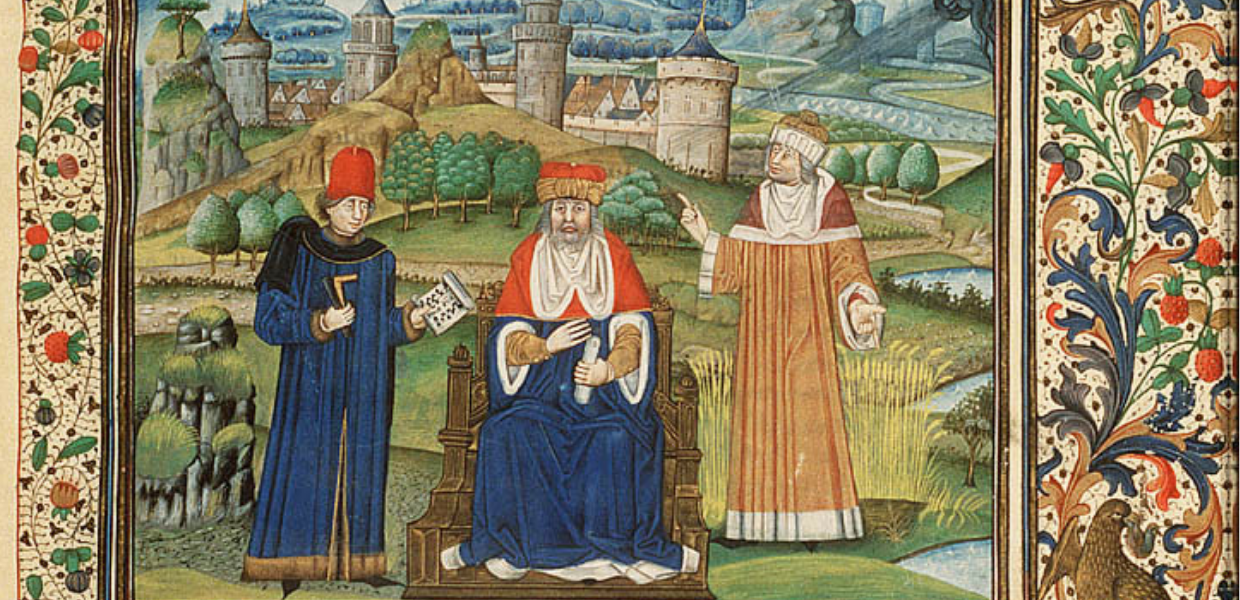The 70-page Cultural Heritage: Digitisation, Online Accessibility and Digital Preservation report looks at progress made by the 28 EU Member States between 2015 and 2017.
The recommendation that the report measures progress against was developed in 2011, and this autumn, the European Commission is launching a consultation to update it. The recommendation helps ministries of culture in each of the EU Member States to set the priorities and directions, and support the work done by cultural heritage institutions in their countries.
European collaboration is vital to safeguarding our cultural heritage. By working towards the same Europe-wide recommendation for digital culture, the overall impact of the efforts made by Member States in any given area is greater.
What is the European Commission doing?
The Commission is evaluating one of its main policy instruments on digitisation, online access and digital preservation of cultural heritage material. The aim is to gather stakeholders’ views - that’s you - on whether the policy recommendation that’s been in existence since 2011 needs updating to better reflect public needs and increase the potential of Europe’s cultural heritage for the benefit of Europeans.
Why are the recommendations being evaluated?
The publicly-available two-page roadmap for this evaluation says that, ‘technology and the process of digitisation of cultural heritage have made major leaps since 2011, while the cultural heritage sector has also evolved.’ And that the current recommendation is being evaluated with a view to revise it ‘based on lessons learned from the evaluation and relevant new technologies/technological trends’.
The roadmap cites the recent fire at Notre-Dame de Paris as highlighting the urgent need to ‘make the most of digital technologies to record, document and preserve Europe’s cultural heritage and foster their accessibility by European citizens.’ It cites 3D, linked data, big data and artificial intelligence as areas of technological interest, as well as a potential focus on updating the lifecycle of digitisation, the implications of the digital transformation of the cultural heritage sector and spillovers between culture and other sectors such as tourism.
A public consultation and related research
In October/November, a 12-week public consultation will begin. As an online survey, it will be available in all EU languages and to all citizens via the Commission website, and the dedicated page on digital culture policy.
There will also be surveys and interviews with Member States as well as national, small and medium-sized cultural heritage institutions and workshops with cultural umbrella organisations.
The evaluation will also take into account the recent report on progress against the current recommendation, last year’s Evaluation of Europeana, recent ENUMERATE reports and the minutes of the Commission Expert Group on Digital Cultural Heritage and Europeana.
The final report based on all evidence gathered will be made available online in June 2020 with the new recommendation likely to be adopted by the Commission in autumn 2020.
Your views are important
The European Commission wants to hear your views. This is your opportunity to respond and to make sure that the voice of the cultural heritage sector is heard. Keep an eye on Europeana Pro News in October for news of the start of the public consultation. In the meantime, you might like to take a look at the roadmap and start to consider your response both as an individual and an organisation.


